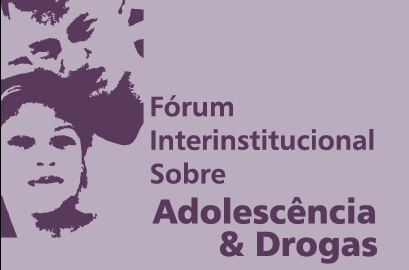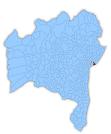Arrests and convictions for cannabis-related offences in a New Zealand birth cohort
por FERGUSSON, DM; SWAIN-CAMPBELL, NR; HORWOOD, LJ. em
« Voltar Imprimir
| Resumo |
| To examine the associations between the use of cannabis and arrest/conviction for cannabis related offences. Methods: Data on cannabis use and arrests/convictions for cannabis related offences were gathered during the course of a 21-year longitudinal study of a birth cohort of Christchurch (NZ) born children. Information on cannabis use, arrests and convictions was gathered over the period from 16 to 21 years. Results: By the age of 21, over two thirds of the cohort had used cannabis on at least one occasion with 5% using cannabis on more than 400 occasions. Amongst cannabis users, 5.1% had been arrested for a cannabis related offence and 3.6% had been convicted of an offence. There was a strong association between the extent of cannabis use and risks of arrest/conviction: over a quarter of those using cannabis on more than 400 occasions had been arrested or convicted for a cannabis related offence compared with less than 1% of those using cannabis on fewer than 10 occasions. M?ori, those with a previous arrest record for non cannabis related offences and those reporting involvement in violent/property offending were more likely to be arrested or convicted than other cohort members having the same level of cannabis use; in addition, males were more likely to be convicted than females with the same level of cannabis use. Arrest/conviction for a cannabis related offence did not reduce the use of cannabis: of those arrested/convicted, 95% either increased their use or continued with the same level of cannabis use subsequent to their arrest. Conclusions: The results of this study reinforce concerns about laws relating to the use and possession of cannabis. The findings show that the law was administered in an inefficient way, the application of the law was biased, and the law was ineffective in reducing cannabis use. |























